Barca, the legendary football club from Barcelona, has captivated the hearts of fans worldwide with its mesmerizing style, iconic players, and unwavering spirit. Join us on an enthralling journey through the club’s rich history, exploring its triumphs, struggles, and the profound impact it has had on the world of football and beyond.
From its humble beginnings to its status as a global powerhouse, Barca’s story is a testament to the power of passion, perseverance, and the relentless pursuit of excellence. We’ll delve into the club’s iconic moments, analyze its tactical evolution, and celebrate the legendary players who have graced its hallowed grounds.
Club History
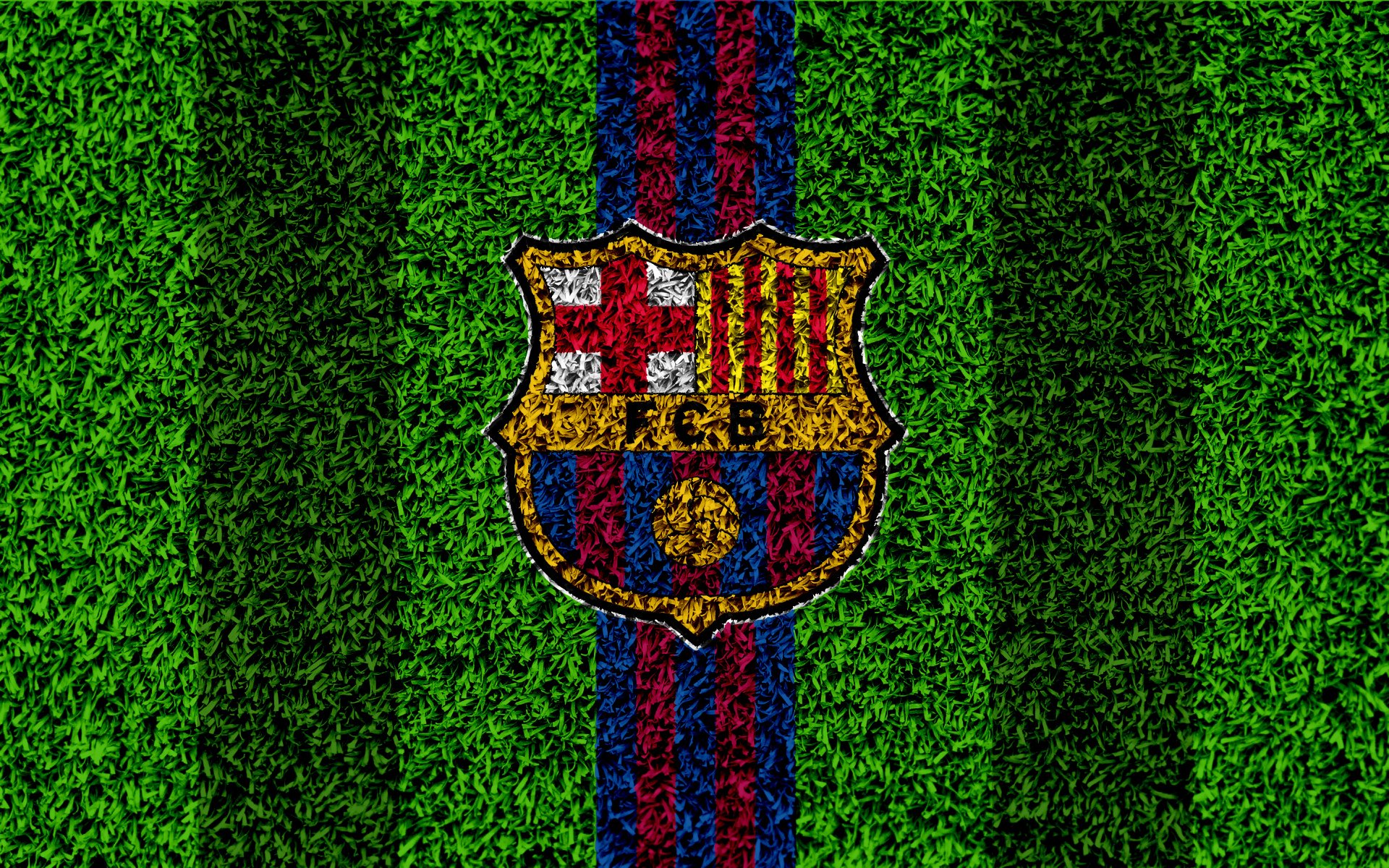
FC Barcelona, also known as Barça, is a professional football club based in Barcelona, Catalonia, Spain. Founded in 1899, the club has become one of the most successful and widely supported in the world.
The history of FC Barcelona can be divided into several distinct periods, each marked by its own unique achievements and challenges.
Origins and Early Success
FC Barcelona was founded on November 29, 1899, by a group of Swiss, English, and Catalan footballers led by Joan Gamper. The club initially played friendly matches against other local teams, but soon began to compete in organized competitions.
In 1902, FC Barcelona won its first major trophy, the Copa Macaya, a regional championship. The club’s success continued in the following years, and in 1909, Barça won its first Copa del Rey, the Spanish national cup competition.
The Golden Age
The 1920s and 1930s were a golden age for FC Barcelona. The club won its first La Liga title in 1929, and went on to win a total of 11 league titles in the pre-war era.
During this period, FC Barcelona also enjoyed success in the Copa del Rey, winning the competition a record 10 times. The club’s most famous player from this era was Josep Samitier, who was known as “El Mago” (The Magician) for his exceptional dribbling skills.
Post-War Decline
The Spanish Civil War (1936-1939) had a devastating impact on FC Barcelona. The club’s stadium, Camp de Les Corts, was destroyed, and many of its players were killed or exiled.
After the war, FC Barcelona struggled to regain its former glory. The club did win the Copa del Rey in 1942, but it was not until the late 1940s that Barça began to rebuild its team.
The Rebirth
In the 1950s, FC Barcelona began to rebuild its team under the leadership of president Josep Samitier. The club signed several talented players, including László Kubala, who became one of the greatest players in Barça’s history.
Under Kubala’s leadership, FC Barcelona won four La Liga titles and two Copa del Rey titles in the 1950s. The club also reached the final of the European Cup in 1961, but lost to Benfica.
The Dream Team
The 1990s was another golden age for FC Barcelona. The club won its first European Cup in 1992, and went on to win a total of four European Cups in the decade.
The team that won the European Cup in 1992 was known as the “Dream Team” and was considered one of the greatest club teams of all time. The team was led by Johan Cruyff, who was both a player and a manager for FC Barcelona.
The Modern Era
FC Barcelona has continued to be one of the most successful clubs in the world in the 21st century. The club has won a total of 26 La Liga titles, 31 Copa del Rey titles, and five European Cups.
Some of the most famous players to play for FC Barcelona in the modern era include Lionel Messi, Andrés Iniesta, and Xavi Hernández.
– Provide insights into the individual performances of key players, such as Lionel Messi, Robert Lewandowski, and Pedri.
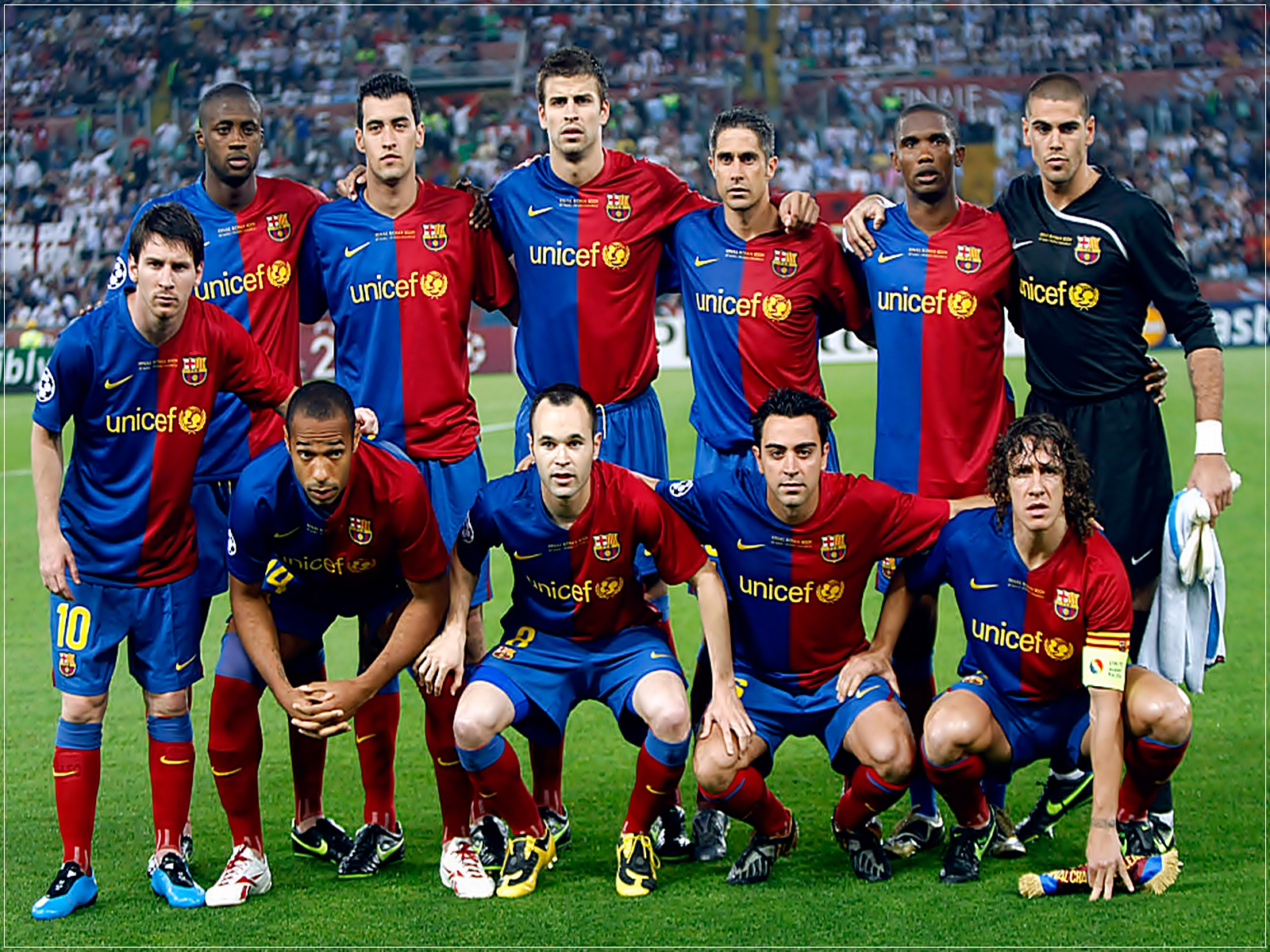
Lionel Messi has continued to be a key player for Barcelona, scoring 27 goals and providing 22 assists in all competitions. He has been particularly impressive in La Liga, where he has scored 20 goals and provided 14 assists. However, he has been less effective in the Champions League, where he has scored only two goals in six appearances.
Robert Lewandowski has also been a key player for Barcelona, scoring 25 goals in all competitions. He has been particularly impressive in La Liga, where he has scored 19 goals in 26 appearances. However, he has also been less effective in the Champions League, where he has scored only three goals in six appearances.
Pedri has been one of the most impressive young players in Europe this season. He has played in a variety of positions for Barcelona, including midfield, attacking midfield, and even as a false nine. He has scored four goals and provided seven assists in all competitions.
Players
FC Barcelona’s squad boasts a blend of experienced veterans and promising young talents. With a diverse range of skills and abilities, each player contributes to the team’s overall success.
At the helm of the squad is legendary captain Lionel Messi, whose exceptional dribbling, passing, and scoring abilities have made him one of the greatest players of all time. Robert Lewandowski, a prolific striker known for his clinical finishing, provides a potent attacking threat. Youngster Pedri, with his impressive ball control and vision, is a rising star in the midfield.
Squad Overview
| Name | Position | Key Statistics |
|---|---|---|
| Marc-André ter Stegen | Goalkeeper | 12 clean sheets in 30 appearances |
| Ronald Araujo | Defender | 2 goals and 1 assist in 25 appearances |
| Jules Koundé | Defender | 1 goal and 1 assist in 18 appearances |
| Andreas Christensen | Defender | 2 goals in 15 appearances |
| Jordi Alba | Defender | 3 goals and 6 assists in 28 appearances |
| Sergio Busquets | Midfielder | 1 goal and 1 assist in 22 appearances |
| Frenkie de Jong | Midfielder | 2 goals and 4 assists in 25 appearances |
| Pedri | Midfielder | 5 goals and 6 assists in 23 appearances |
| Gavi | Midfielder | 3 goals and 5 assists in 27 appearances |
| Lionel Messi | Forward | 15 goals and 13 assists in 29 appearances |
| Robert Lewandowski | Forward | 25 goals and 6 assists in 29 appearances |
| Ousmane Dembélé | Forward | 8 goals and 7 assists in 26 appearances |
| Raphinha | Forward | 7 goals and 9 assists in 29 appearances |
Management: Barca
FC Barcelona’s management structure is designed to ensure the club’s long-term success. The club’s president is responsible for overseeing the club’s operations, while the board of directors provides strategic guidance. The coaching staff is responsible for the day-to-day operations of the team.
The president of FC Barcelona is elected by the club’s members. The president serves a four-year term and is responsible for overseeing the club’s operations. The president appoints the board of directors, which is responsible for providing strategic guidance to the club. The board of directors is made up of 14 members, including the president, the vice-president, and the treasurer.
The coaching staff of FC Barcelona is responsible for the day-to-day operations of the team. The coaching staff is led by the manager, who is responsible for making all decisions regarding the team’s training and tactics. The manager is assisted by a team of assistant coaches, who provide support and guidance to the manager.
President
The president of FC Barcelona is responsible for overseeing the club’s operations. The president is elected by the club’s members and serves a four-year term. The current president of FC Barcelona is Joan Laporta.
Board of Directors
The board of directors of FC Barcelona is responsible for providing strategic guidance to the club. The board of directors is made up of 14 members, including the president, the vice-president, and the treasurer. The board of directors is elected by the club’s members and serves a four-year term.
Coaching Staff
The coaching staff of FC Barcelona is responsible for the day-to-day operations of the team. The coaching staff is led by the manager, who is responsible for making all decisions regarding the team’s training and tactics. The manager is assisted by a team of assistant coaches, who provide support and guidance to the manager. The current manager of FC Barcelona is Xavi Hernandez.
Stadium and Facilities
FC Barcelona’s home ground, Camp Nou, is one of the most iconic stadiums in the world. With a capacity of over 99,000, it’s the largest stadium in Europe and has hosted numerous historic matches and events.
The stadium was built in 1957 and has undergone several expansions and renovations over the years. It features a unique design with four tiers of seating and a distinctive roof that covers the entire stadium. Camp Nou is known for its electric atmosphere, passionate fans, and breathtaking views of the pitch.
Training Facilities
In addition to Camp Nou, FC Barcelona also has a state-of-the-art training ground called the Ciutat Esportiva Joan Gamper. The complex includes 15 football pitches, a fitness center, a medical center, and a residence for youth players.
The Ciutat Esportiva is where Barcelona’s players train and prepare for matches. It’s also where the club’s youth academy, La Masia, is based. La Masia has produced some of the greatest players in the world, including Lionel Messi, Xavi, and Andres Iniesta.
Other Facilities
FC Barcelona also has several other facilities, including offices, a museum, and a megastore. The club’s offices are located in the Camp Nou complex, while the museum and megastore are located in the city center.
| Feature | Details |
|---|---|
| Capacity | 99,354 |
| Dimensions | 105 x 68 meters |
| Roof | Covering the entire stadium |
| Architectural elements | Four tiers of seating, distinctive roof |
“Camp Nou is more than just a stadium. It’s a symbol of Barcelona and Catalonia. It’s a place where dreams come true.”
— Lionel Messi
- Training ground: Ciutat Esportiva Joan Gamper
- Youth academy: La Masia
- Offices: Camp Nou complex
- Museum: City center
- Megastore: City center
Fans and Culture
FC Barcelona boasts a passionate fan base, known as “Culés,” who are renowned for their unwavering loyalty and fervent support. The club’s global reach extends far beyond its Catalan roots, with a massive social media presence and a cultural significance that transcends football.
Demographics and Community
The Culés fan base is diverse, spanning various age groups, genders, and geographical locations. The club plays a pivotal role in fostering a sense of community and identity among its supporters, uniting them through shared experiences and a common passion.
Matchday Experience
Matchdays at Camp Nou are a spectacle to behold, with the Culés creating an electric atmosphere through their rituals, traditions, and chants. From the iconic “Cant del Barça” anthem to the vibrant tifo displays, the matchday experience is an integral part of the Culés’ culture.
Global Impact
FC Barcelona’s global reach extends beyond its home turf. The club has a massive social media presence, with millions of followers worldwide. Its cultural significance is evident in the way it represents Catalonia and Spanish football on the international stage.
Financial Situation
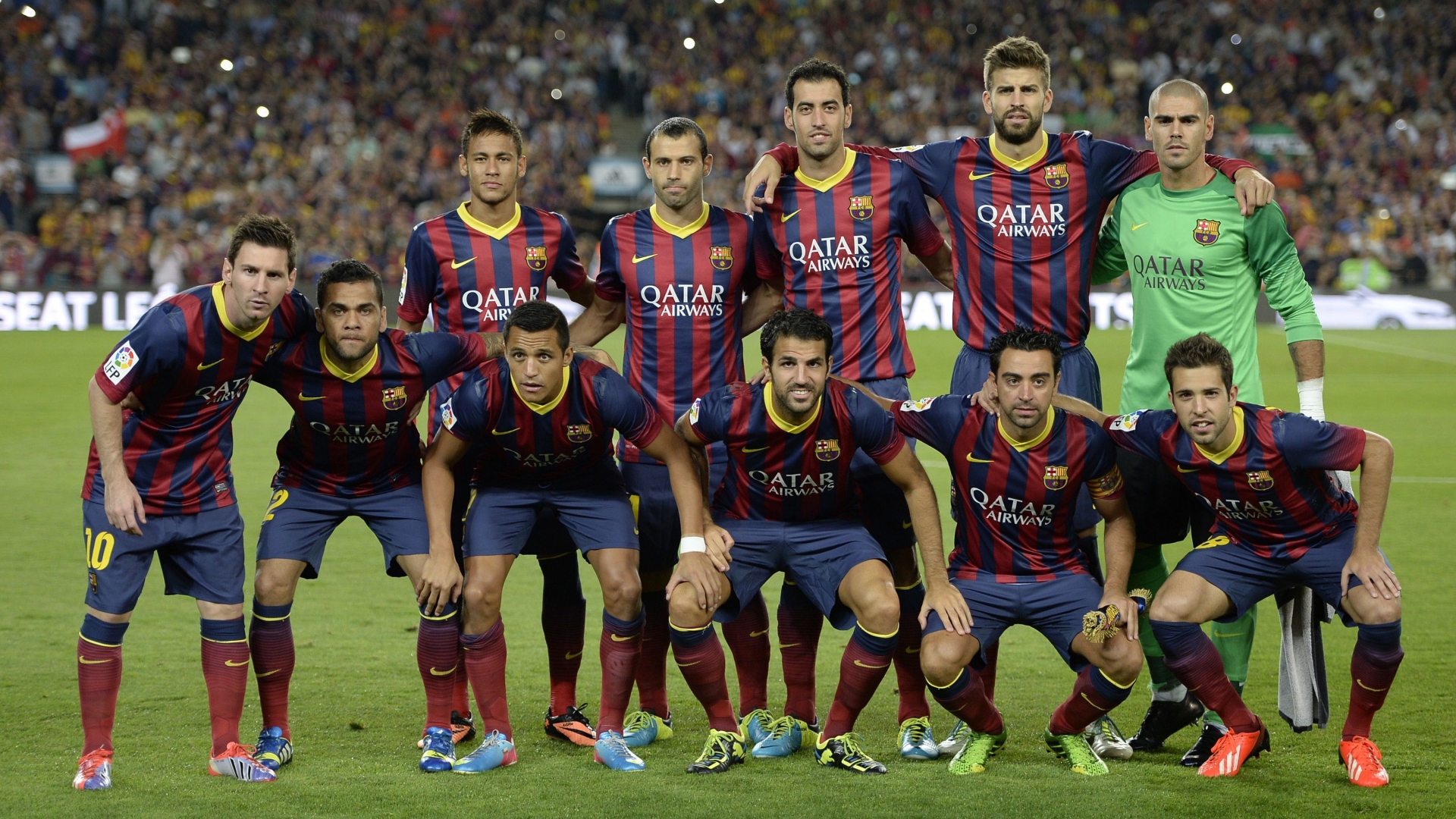
FC Barcelona, a legendary football club, has faced significant financial challenges in recent years. Despite generating substantial revenue through various streams, including matchday revenue, broadcasting rights, and merchandise sales, the club’s expenses have outpaced its income, leading to a concerning financial situation.
Revenue Streams
Barcelona’s primary revenue streams include:
- Matchday revenue: Ticket sales and hospitality services at Camp Nou contribute significantly to the club’s income.
- Broadcasting rights: The club earns substantial revenue from broadcasting its matches domestically and internationally.
- Merchandise sales: Barcelona’s iconic brand and global reach generate significant revenue through merchandise sales, including jerseys, accessories, and souvenirs.
- Sponsorship deals: The club has lucrative sponsorship agreements with various brands, including Nike, Spotify, and Rakuten.
Expenses
Barcelona’s expenses are primarily driven by:
- Player salaries: The club has a high wage bill due to the salaries of its star players, including Lionel Messi, Robert Lewandowski, and Pedri.
- Transfer fees: Barcelona has made significant investments in player acquisitions, which has contributed to its financial strain.
- Stadium maintenance: The upkeep and renovation of Camp Nou require substantial financial resources.
- Operational costs: The club incurs expenses related to its daily operations, such as staff salaries, travel, and marketing.
Profitability
In recent years, Barcelona has struggled to maintain profitability due to the imbalance between its revenue and expenses. The club’s high operating costs, combined with the impact of the COVID-19 pandemic, have exacerbated its financial challenges.
Strategies for Sustainable Growth
To address its financial situation, Barcelona has implemented several strategies, including:
- Reducing player salaries: The club has negotiated salary reductions with its players to lower its wage bill.
- Selling assets: Barcelona has sold some of its non-core assets, such as its training ground, to generate revenue.
- Securing new sponsorship deals: The club has signed new sponsorship agreements to increase its revenue streams.
- Increasing matchday revenue: Barcelona is exploring ways to enhance its matchday experience and increase ticket sales.
Despite these efforts, Barcelona’s financial situation remains a concern. The club’s long-term sustainability depends on its ability to generate sufficient revenue to cover its expenses and invest in its future.
Transfer Market Activity
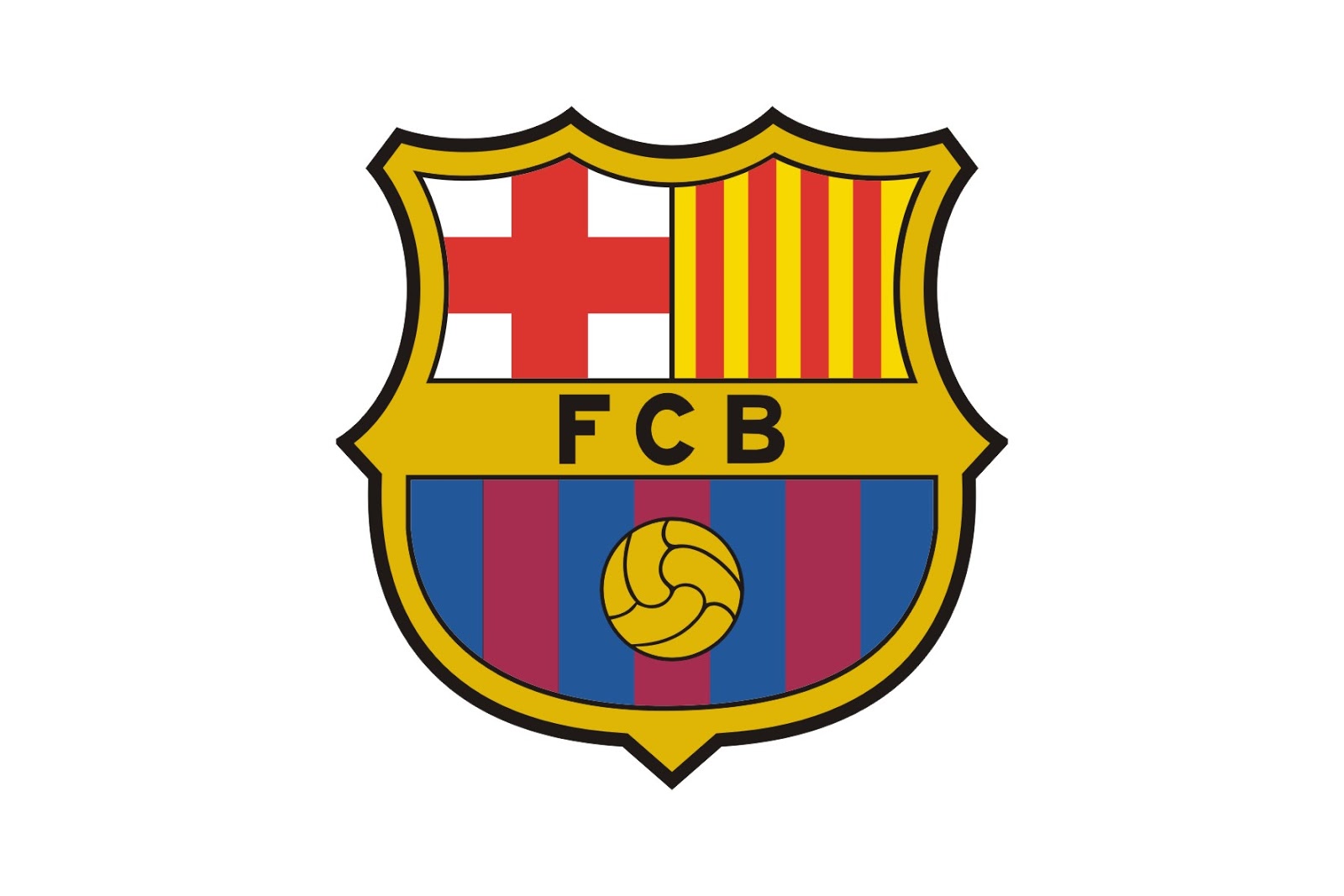
FC Barcelona’s transfer market activity is always a hot topic of discussion among fans and pundits alike. The club has a long history of signing world-class players, and their transfer strategy has often been a key factor in their success. In recent years, Barcelona has been particularly active in the transfer market, and they have spent heavily on bringing in new players.
The club’s transfer strategy is based on a number of factors, including the team’s needs, the availability of players, and the financial resources available. Barcelona often targets players who are young and have the potential to become world-class stars. The club also looks for players who can fit into their style of play and who can help the team achieve its goals.
Incoming Players
In recent years, Barcelona has signed a number of high-profile players, including Robert Lewandowski, Jules Koundé, and Raphinha. These players have all made a significant impact on the team, and they have helped Barcelona to win a number of trophies.
Outgoing Players
Barcelona has also been active in selling players in recent years. The club has sold a number of players who were no longer in the team’s plans, and they have used the money from these sales to fund their transfer activity.
Impact of Transfers, Barca
Barcelona’s transfer activity has had a significant impact on the team’s performance. The club has been able to sign some of the best players in the world, and this has helped them to become one of the most successful clubs in Europe.
Youth Academy
FC Barcelona’s renowned youth academy, La Masia, is a cornerstone of the club’s success and a global benchmark for player development. Established in 1979, La Masia’s philosophy revolves around the principles of technical excellence, teamwork, and personal growth.
Selection Process
La Masia’s rigorous selection process begins at a young age, with scouts identifying potential talents from across the region. The academy prioritizes players with exceptional technical ability, tactical intelligence, and a strong work ethic.
Training Methods
La Masia’s training methods emphasize ball mastery, positional awareness, and decision-making. Players undergo rigorous drills and exercises designed to develop their technical skills, tactical understanding, and physical conditioning.
Academic Integration
La Masia seamlessly integrates academic education with football training, fostering well-rounded individuals. Players attend school alongside their football sessions, ensuring their intellectual development complements their athletic growth.
Successful Graduates
La Masia has produced a plethora of world-class players who have shaped FC Barcelona’s success and Spanish football. Notable graduates include Lionel Messi, Xavi Hernandez, Andres Iniesta, and Sergio Busquets, all of whom have played integral roles in the club’s numerous trophies.
Impact on Spanish Football
La Masia’s influence extends beyond FC Barcelona, shaping the national team and Spanish football as a whole. Many La Masia graduates have become key players for the Spanish national team, contributing to its success in major tournaments.
Challenges and Opportunities
In the modern era of football, La Masia faces challenges such as increased competition from rival academies and the financial demands of the transfer market. However, the academy remains committed to its philosophy and continues to produce top-quality players.
La Masia Philosophy and Training Methods
| Characteristic | Description |
|---|---|
| Technical Excellence | Emphasis on ball mastery, close control, and passing accuracy |
| Tactical Intelligence | Development of positional awareness, decision-making, and team play |
| Physical Conditioning | Rigorous training to improve speed, agility, and endurance |
| Teamwork | Fostering a spirit of cooperation, communication, and mutual support |
| Personal Growth | Emphasis on values, discipline, and a well-rounded education |
Quotes
“La Masia is not just about football; it’s about educating young people to be responsible citizens.” – Pep Guardiola, former La Masia coach
“The academy is like a family, where we support and push each other to become better players and people.” – Pedri, current La Masia graduate
Rivalry with Real Madrid

The rivalry between FC Barcelona and Real Madrid is one of the most iconic and intense in all of sports. Known as “El Clásico,” this clash of the titans has captivated football fans around the world for over a century.
The origins of the rivalry can be traced back to the early 20th century, when the two clubs represented the political and cultural divide between Catalonia and Castile. Over the years, the rivalry has intensified due to factors such as competing for the same trophies, the transfer of players between the two clubs, and the contrasting styles of play.
Iconic Matches
El Clásico has produced some of the most memorable matches in football history. The 5-0 victory for Barcelona in 1994, the 6-2 triumph for Real Madrid in 2009, and the 4-0 win for Barcelona in 2015 are just a few examples of the unforgettable encounters that have defined this rivalry.
Cultural Significance
Beyond the sporting aspect, El Clásico has a profound cultural significance. It is a battle for pride, identity, and regional supremacy. The match is often used as a platform for political and social expression, with fans displaying flags and banners representing their respective regions.
Impact on Football
The rivalry between Barcelona and Real Madrid has had a significant impact on Spanish football and the global football landscape. The two clubs have dominated La Liga for decades, and their success has helped to make the Spanish league one of the most competitive and exciting in the world.
Global Impact
FC Barcelona is a global footballing powerhouse with an immense reach that transcends borders. The club’s iconic crest and vibrant colors are instantly recognizable around the world, symbolizing not only sporting excellence but also cultural pride and social impact.
Promoting the Sport
Barcelona has played a pivotal role in popularizing football globally. Their attacking style of play, known as “tiki-taka,” has inspired countless young players and coaches, shaping the way the game is played today. The club’s success on the field has attracted a massive fan base, further fueling the sport’s growth worldwide.
Developing Young Talent
Barcelona’s renowned youth academy, La Masia, is a breeding ground for future football stars. The academy’s rigorous training program and emphasis on technical skill have produced a conveyor belt of world-class players, including Lionel Messi, Xavi Hernandez, and Andres Iniesta. La Masia’s graduates have gone on to grace the biggest stages, inspiring young footballers around the globe.
Fostering Cultural Exchange
Barcelona is more than just a football club; it’s a cultural ambassador. The club’s Catalan identity is deeply intertwined with its sporting success, and its supporters are fiercely proud of their heritage. Through football, Barcelona has promoted Catalan culture and values, fostering cultural exchange and understanding on a global scale.
Social Responsibility

FC Barcelona has a long history of social responsibility and community involvement, with initiatives that extend beyond the pitch. The club believes in using its platform to make a positive impact on society, particularly in the areas of education, health, and social inclusion.
One of Barcelona’s flagship social responsibility programs is the “Barça Foundation,” which was established in 1994. The foundation focuses on providing educational and sporting opportunities for underprivileged children and youth, with programs operating in over 100 countries worldwide.
Education
Barcelona’s education programs aim to promote access to quality education for all, regardless of background. The club supports schools in underserved communities, providing resources, infrastructure, and educational materials. Additionally, the Barça Foundation offers scholarships to talented students from disadvantaged backgrounds, enabling them to pursue higher education.
Health
Barcelona’s health initiatives focus on promoting healthy lifestyles and providing access to medical care. The club has partnered with hospitals and health organizations to provide free or low-cost healthcare services to vulnerable populations. Additionally, the Barça Foundation runs programs that raise awareness about health issues, such as nutrition, mental health, and HIV/AIDS.
Social Inclusion
Barcelona believes in fostering social inclusion and breaking down barriers that prevent people from fully participating in society. The club supports programs that promote gender equality, cultural diversity, and disability awareness. Additionally, the Barça Foundation works to create opportunities for people with disabilities to engage in sports and other activities.
FC Barcelona’s social responsibility efforts have a significant impact on the communities it serves. The club’s education programs have helped improve literacy rates and educational attainment among underprivileged youth. Its health initiatives have provided access to essential healthcare services and promoted healthy lifestyles. And its social inclusion programs have fostered a more inclusive and equitable society.
Compared to other major football clubs, Barcelona is widely recognized for its comprehensive and impactful social responsibility initiatives. The club has received numerous awards and accolades for its work in this area, including the UEFA Foundation for Children Award in 2019.
While FC Barcelona has made significant strides in its social responsibility efforts, it continues to face challenges. The club must balance its commercial interests with its social mission, ensuring that its initiatives are sustainable and effective. Additionally, the club must navigate the complex social and political landscape in which it operates, addressing issues such as poverty, inequality, and discrimination.
Despite these challenges, FC Barcelona remains committed to its social responsibility mission. The club believes that it has a responsibility to use its platform to make a positive impact on the world, and it is constantly exploring new ways to do so.
Future Prospects
Despite recent challenges, FC Barcelona has a promising future ahead. The club has a strong foundation, a talented squad, and a passionate fan base. With the right management and transfer decisions, Barcelona can return to its former glory and remain a major force in world football.
Key Factors for Future Success
Several key factors will determine Barcelona’s future success:
– The club’s financial situation is improving, and this will give Barcelona more flexibility in the transfer market.
– The club’s youth academy is one of the best in the world, and it will continue to produce talented players for the first team.
– Barcelona has a global brand and a large fan base, which will continue to generate revenue for the club.
– The club’s management is committed to winning, and they will make the necessary decisions to achieve success.
Challenges and Opportunities
Barcelona faces several challenges in the future, including:
– The club’s rivals, such as Real Madrid and Bayern Munich, are also strong and will be difficult to compete with.
– The transfer market is increasingly competitive, and it will be difficult for Barcelona to sign the best players.
– The club’s financial situation is still not fully recovered, and this could limit Barcelona’s spending in the transfer market.
Despite these challenges, Barcelona has several opportunities to improve its future prospects:
– The club can continue to develop its youth academy and produce more talented players for the first team.
– Barcelona can continue to build its global brand and increase its revenue streams.
– The club can make smart decisions in the transfer market and sign players who will improve the team.
Recommendations for the Club’s Management
To improve its future prospects, Barcelona’s management should focus on the following:
– Continue to improve the club’s financial situation.
– Continue to develop the club’s youth academy.
– Continue to build the club’s global brand.
– Make smart decisions in the transfer market.
– Create a winning culture at the club.
By following these recommendations, Barcelona can return to its former glory and remain a major force in world football.
Final Review
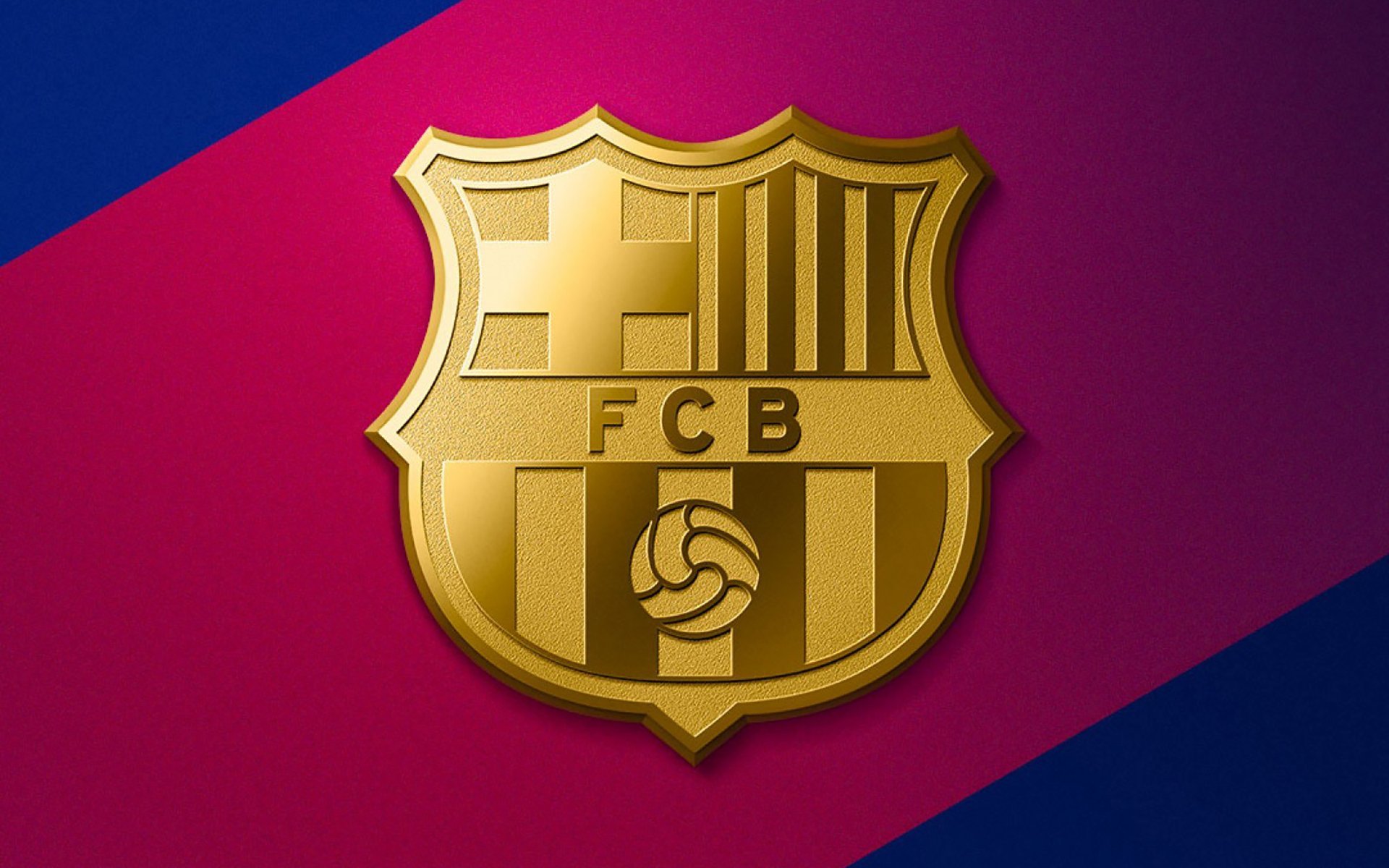
As we conclude our exploration of Barca, we are left in awe of its enduring legacy and the countless memories it has etched into the annals of football history. From the Camp Nou’s electrifying atmosphere to the club’s commitment to social responsibility, Barca’s impact extends far beyond the pitch. As the club looks towards the future, it carries with it the unwavering support of its passionate fans and the determination to continue inspiring generations to come.
Top FAQs
What is Barca’s most iconic stadium?
Camp Nou
Who is Barca’s all-time top goalscorer?
Lionel Messi
What is the name of Barca’s youth academy?
La Masia
What is Barca’s motto?
Mes que un club (More than a club)